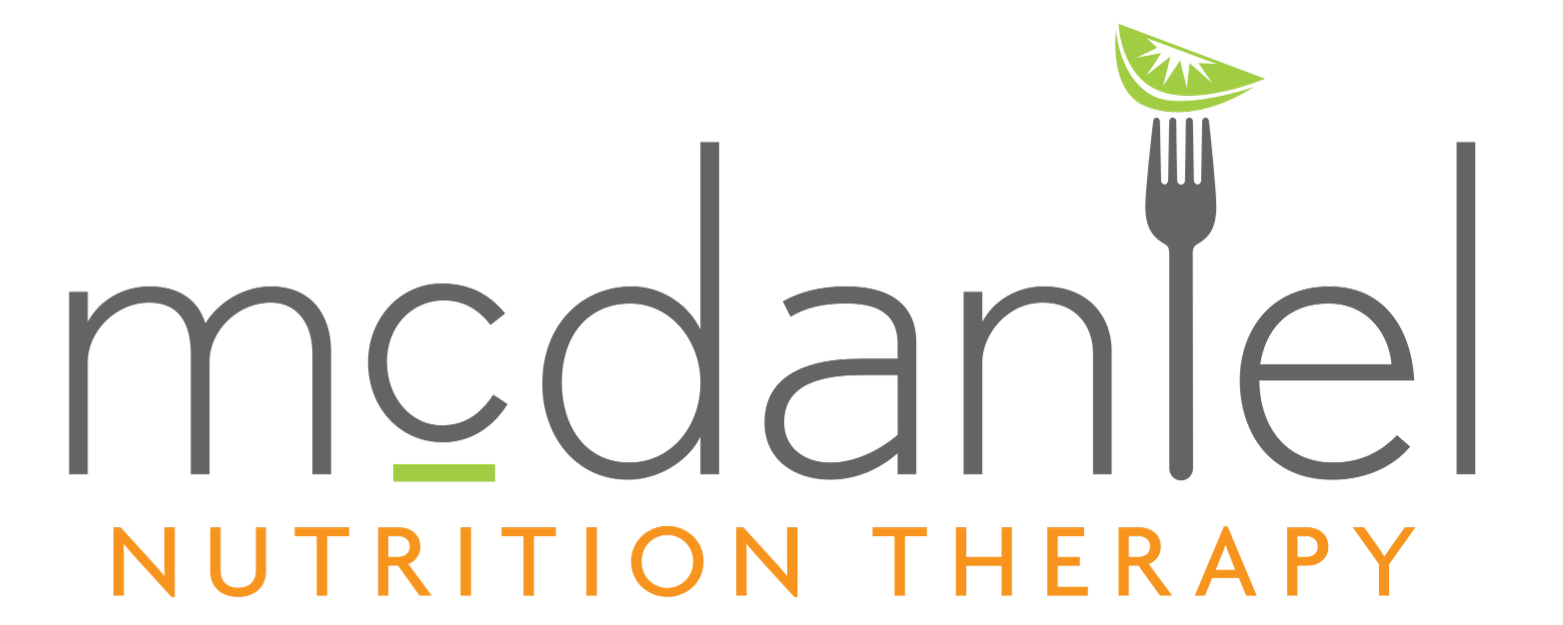If you or a loved one has been referred to a formal treatment for a diagnosed eating disorder, you might have a lot of questions. It can be especially confusing to navigate the stages of treatment offered. Each program is unique, but the level system is generally the same across all treatment. There are myriad treatment options across the US specializing in eating disorders. But what does treatment mean, how long are each of these levels of care, and what happens if I need help?

Initial Assessment
When you reach out to a treatment center, you will go through an initial intake assessment. This is usually done over the phone. The clinical team will gather information about your history. They will ask about your medical history, mental health history, eating disorder history, and treatment goals. Based on this information, they will recommend the most appropriate level of care.
A person is not automatically placed in the highest possible level when they enter treatment. Recommendation for level of care and placement is based on a variety of factors. A person in treatment will progress through treatment from their admission level.
In the treatment center, each person will have a treatment team. The team is made up of a dietitian, therapist, and psychiatrist. The treatment team works together to provide evidence-based care in a compassionate way.
Treatment centers also provide specialized program offerings like group therapy, life skills education, art and music therapy, meal outings, and cooking exposures.
Inpatient Treatment Eating Disorder Treatment
Inpatient care is the most intensive treatment offered for anyone who is medically unstable. Instability may be due to unstable/depressed vital signs, altered lab values, or having a co-existing medical condition. Inpatient care is also appropriate for someone presenting with worsening psychiatric symptoms or suicidal ideation.
This may sound a little scary, but inpatient treatment is necessary for initial stabilization and medical oversight at the beginning of treatment. Not everyone diagnosed with an eating disorder will start in inpatient treatment. This level of care is for acute/intensive stays lasting from 30 days to a few months. The length of stay depends on clinical outcomes, progression, and insurance/payment methods.
Residential Eating Disorder Treatment
Residential treatment is a lower level of care offered to those who need some medical oversight. This person is medically stable and requires no intensive medical intervention. Like inpatient treatment, residential treatment offers 24/7 care. However, more freedom is offered while still keeping structure and organization. The length of stay in residential treatment generally lasts 2-3 months. Advancement from residential treatment depends on clinical outcomes, progression, and insurance/payment methods.
Partial Hospitalization (PHP)
PHP care ranges from 5-12 hours per day, 5-7 days per week. Since it is a lower level of care, there is more freedom and autonomy. Schedules may differ depending on the treatment center, but most programs schedule at least one meal and/or snack. These are offered outside of programming hours to help prepare for completion of a personalized meal plan.
PHP length of stays are generally 2-3 months. Like the other levels of care, this is dependent on insurance and clinical outcomes/progression. There are some treatment centers offering virtual PHP programming. This may be an option for those needing to return to work or unable to complete full course of in-person treatment.
Intensive Outpatient (IOP)
IOP care is the last stage of treatment before discharging to outpatient care. IOP offers half-day treatment in programming, generally running 3-6 hours per day 3-5 days per week. Since the majority of the time is spent outside of programming, this level provides autonomy to make their own decisions.
IOP programming generally lasts 1-2 months. The goal of this level is to prepare a person to enter outpatient treatment and return to their life. Like PHP, some treatment centers that offer a virtual option for IOP programming.
Outpatient Eating Disorder Treatment
Outpatient care is the last level of care for eating disorder treatment and may be needed for months or years into recovery. Depending on the person’s needs, outpatient sessions may be offered twice per week, once per week, once every other week, once a month, or as needed. McDaniel Nutrition Therapy provides out-patient support for eating disorders. We have dietitians specializing in eating disorder treatment.
Regardless of what stage of treatment someone is place in, they should be surrounded by love, support, and patience. Many people can fully recover from their eating disorders and live a fulfilled and happy life. The same is true for you or your loved one.

